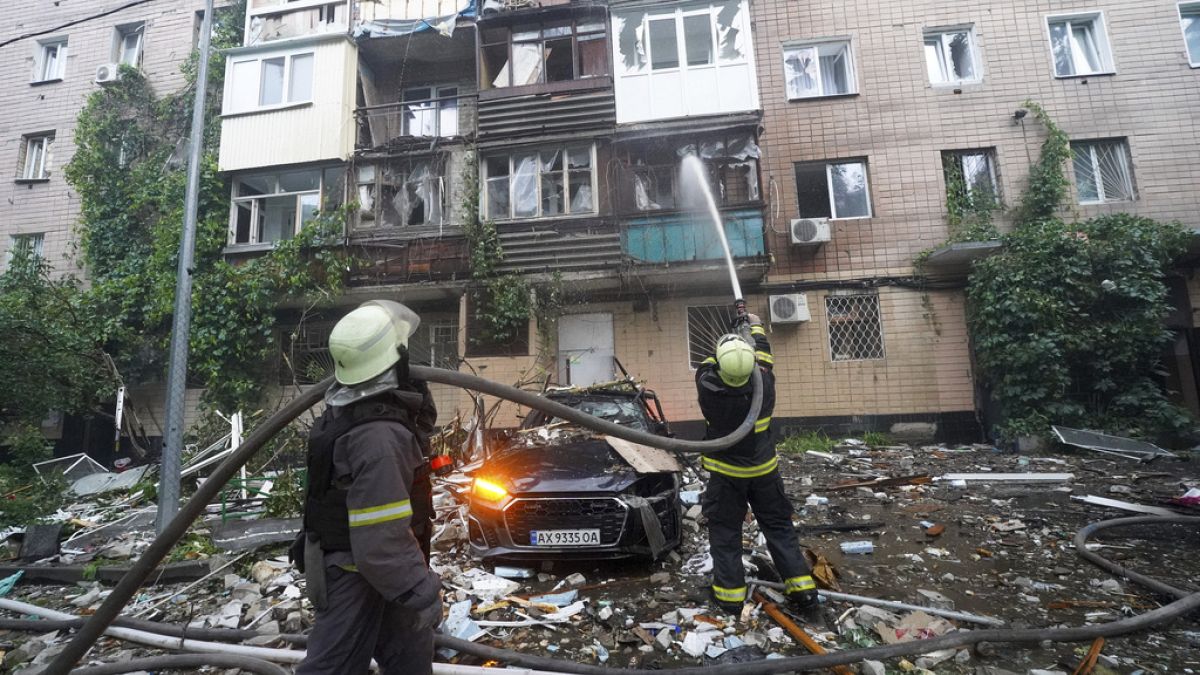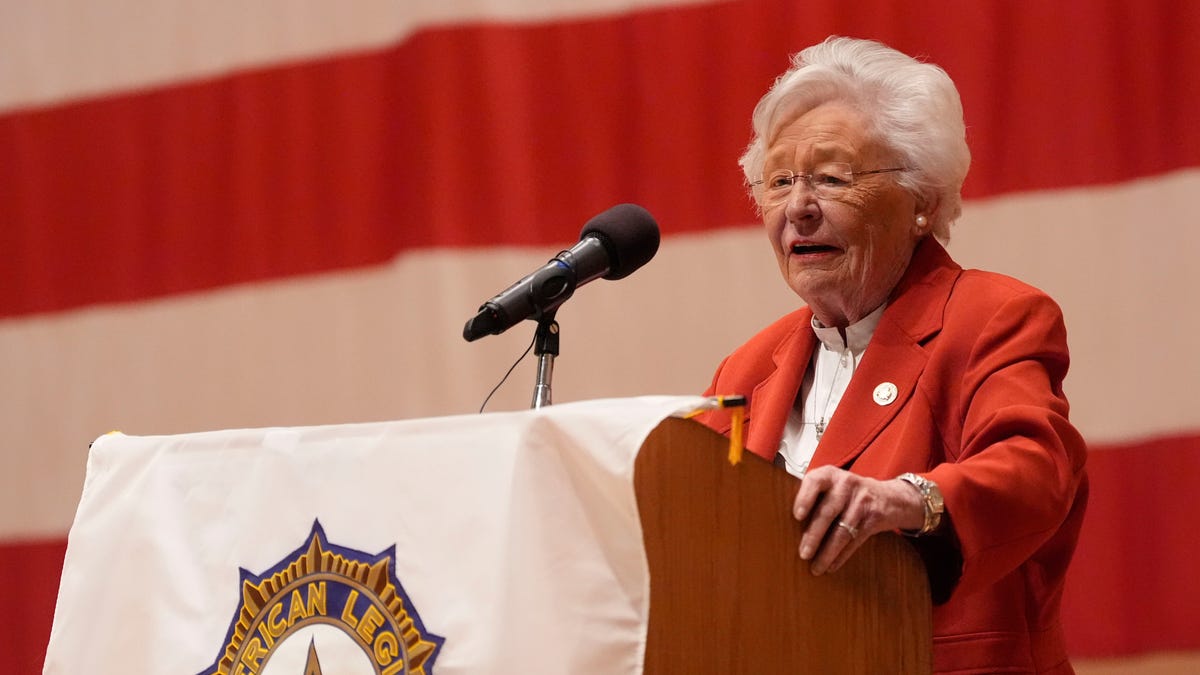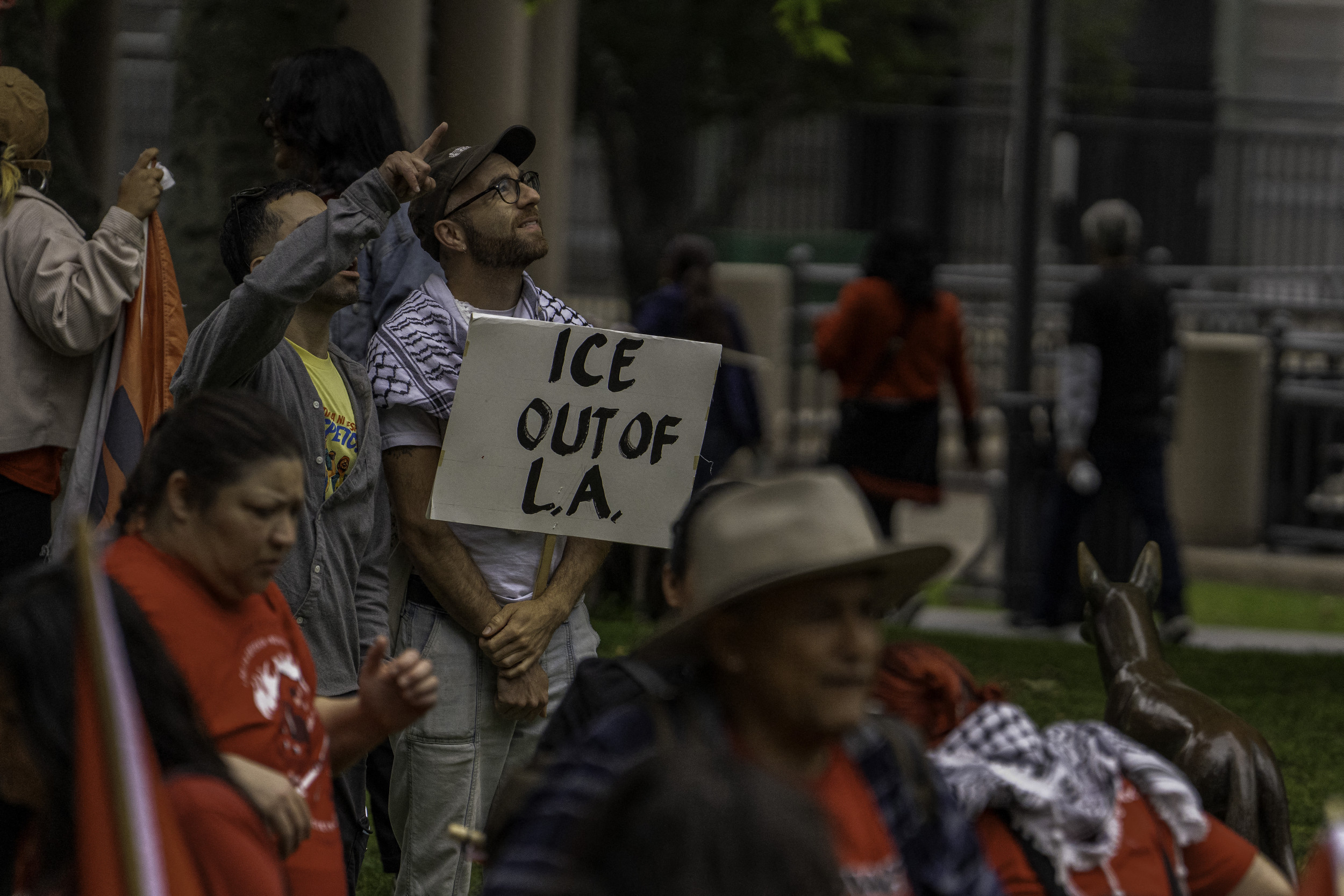World
Russia’s Wagner mercenaries face uncertainty after the presumed death of its leader in a plane crash
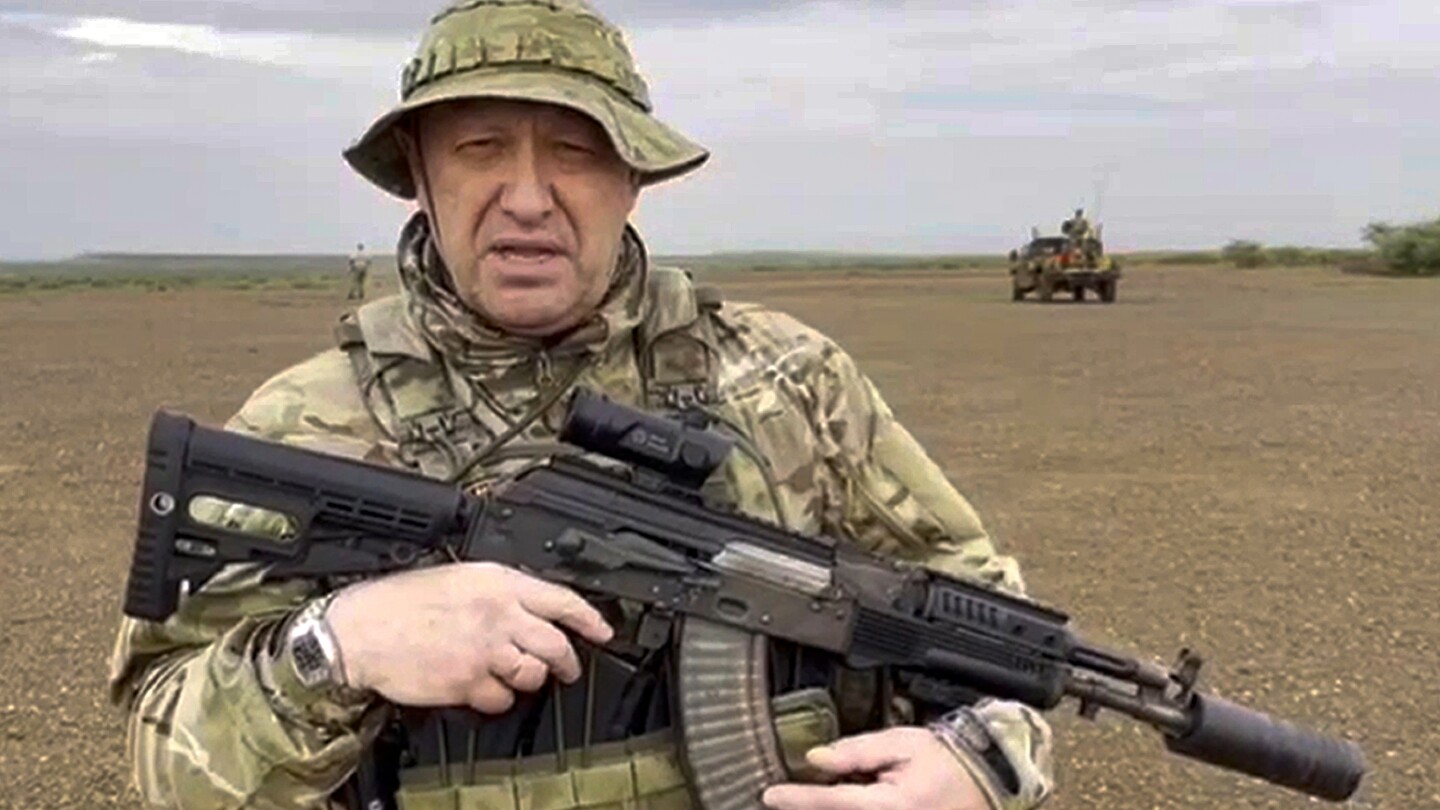
The Wagner Group’s presence extends from the ancient battlegrounds of Syria to the deserts of sub-Saharan Africa, projecting the Kremlin’s global influence with mercenaries accused of using brutal force and profiting on mineral riches they seized.
But that was under Yevgeny Prigozhin, who in what could have been his final video released earlier this week appeared in military fatigues and held an assault rifle from an unidentified dry and dusty plain as he boasted that Wagner is “making Russia even greater on all continents and Africa even more free.”
On Wednesday, a private jet carrying Prigozhin and his top lieutenants of the mercenary group crashed northwest of Moscow, two months after he led an armed rebellion that challenged the authority of President Vladimir Putin. There is wide speculation that Prigozhin, who is presumed dead, was targeted for his uprising, although the Kremlin has denied involvement.
That crash has raised questions about the future of the Wagner Group.
In African countries where Wagner provided security against groups like al-Qaida and the Islamic State, officials and commentators predict Russia will likely maintain its presence, placing the forces under new leadership.
Others, however, say Prigozhin built deep, personal connections that Moscow could find challenging to replace quickly.
Africa is vitally important to Russia — economically and politically.
This summer, Wagner helped secure a national referendum in the Central African Republic that cemented presidential power; it is a key partner for Mali’s army in battling armed rebels; and it contacted the military junta in Niger that wants its services following a coup.
Expanding ties and undercutting Western influence in Africa is a top priority as the Kremlin seeks new allies amid its war in Ukraine, where Wagner forces also helped win a key battle. Africa’s 54 nations are the largest voting bloc at the U.N., and Moscow has actively worked to rally their support for its invasion.
Linda Thomas-Greenfield, the U.S. ambassador to the U.N., said Friday that Wagner’s forces “are destabilizing, and we’ve encouraged countries in Africa to condemn their presence as well as their actions.”
On Thursday, the Republican Front in the Central African Republic, allied with the ruling party, reiterated its support for Russia and Wagner, saying they were “determined to fight alongside the African people as they struggle for self-determination.”
Wagner forces have served as personal bodyguards for President Faustin Archange Touadera, protecting the capital of Bangui from rebel threats and helping secure a July 30 constitutional referendum that could extend his power indefinitely.
Central African activist and blogger Christian Aime Ndotah said the country’s cooperation with Russia would be unaffected by new leadership with Wagner, which has been “well-established” there for years.
But some in the Central African Republic denounce the mercenaries, and the U.N. peacekeeping mission there criticized them in 2021 for human rights abuses.
“A state’s security is its sovereignty. You can’t entrust the security of a state to a group of mercenaries,” said Jean Serge Bokassa, former public security minister.
Nathalia Dukhan, senior investigator at The Sentry, predicted the Kremlin will try to bring Africa closer into its orbit.
“Wagner has been a successful tool for Russia to expand its influence efficiently and brutally,” she said. “In the midst of all the turmoil between Putin and Prigozhin, the Wagner operation in Central Africa only deepened, with increased direct involvement by the Russian government.”
High-ranking Wagner operatives have built relationships in Mali and the Central African Republic and understand the terrain, said Lou Osborn of All Eyes on Wagner, a project focusing on the group.
“They have a good reputation, which they can sell to another Russian contender. It wouldn’t be surprising if a new organization took them over,” Osborn said, noting that Russian military contractors in Ukraine, such as Redut and Convoy, have recently expressed a desire to do business in Africa.
Redut was created by the Russian Defense Ministry, which has sought to put Wagner under its control. Following the June mutiny, Putin said the mercenaries could sign contracts with the ministry and keep serving under one of the group’s top commanders, Andrei Troshev. It wasn’t clear how many troops accepted, but media reports put the number at a few thousand.
The Kremlin still could face challenges in keeping the strong presence in Africa that Prigozhin helped establish.
Former Putin speechwriter Abbas Gallyamov argued Prigozhin may have been allowed to continue his post-activities because Russian authorities had to find people who would take over his work.
“Time was needed to create the new channels, new mechanisms of control over those projects,” he said. “And it’s not a fact that they have been successful in that. It’s possible that they have failed and the Kremlin may lose some of those projects.”
Britain’s Defense Ministry said Prigozhin’s demise “would almost certainly have a deeply destabilizing effect on the Wagner Group.”
“His personal attributes of hyper-activity, exceptional audacity, a drive for results and extreme brutality permeated Wagner and are unlikely to be matched by any successor,” it said.
On Friday, Kremlin spokesman Dmitry Peskov refused to comment on Wagner’s future.
For Prigozhin, who created Wagner in 2014, its missions weren’t simply about advancing Russia’s global clout. His contractors in Syria, Libya, Sudan and elsewhere tapped the mineral and energy wealth of those countries to enrich himself.
Central African Republic lawmaker and opposition leader Martin Ziguélé said Wagner was active in gold mining, timber and other industries — without paying taxes.
“We can only conclude that it’s plundering,” he said.
Prigozhin reached a deal with Putin after the rebellion that saw Wagner mercenaries move to Belarus in exchange for amnesty, and the mercenary boss spoke repeatedly since then about expanding his activities in Africa. He was seen courting African officials at a recent summit in St. Petersburg.
He quickly welcomed last month’s military coup that toppled Niger President Mohamed Bazoum. The junta reached out to Wagner, but the group’s response was unclear and there’s no visible presence of Russian mercenaries there — other than crowds waving Russian and Wagner flags at protests.
While U.S. officials didn’t confirm that Russia or Wagner had any role in the coup, there are fears the Kremlin could exploit it to weaken Western positions in West Africa, where the mercenaries already have a presence in Mali and Burkina Faso.
Niger’s residents say Prigozhin’s presumed death won’t stop Russia from trying to expand its influence.
“Our belief is that Russia wants to get a base here and to be popular. It’s obvious they want to be here,” Niamey tailor Baraou Souleimanin told The Associated Press. Since the coup, he said he’s sewn more than 150 Russian flags in a month.
“We pray that Allah strengthens the relationship with (Wagner) to continue the deal. If the relationship is good and strong, it’s possible they’ll continue with the deal even after his death,” he said Thursday.
In neighboring Mali, a military junta that seized power in 2020 expelled French troops, diplomats, and media, and ordered an end to a decade-long U.N. peacekeeping mission.
Though not officially recognized by Malian authorities, Wagner forces have been known to operate in the rural north, where rebel and extremist groups have eroded state power and tormented communities.
Human Rights Watch says Mali’s army, together with suspected Wagner mercenaries, committed summary executions, looting, forced disappearances and other abuses.
“What we have experienced through Wagner is the massacre of our people,” said Ali Nouhoum Diallo, former president of the national assembly.
Timbuktu resident Youba Khalifa said Wagner’s presence in Mali wouldn’t change after Prigozhin because “they’re going to replace him with another leader.”
Although Prigozhin had told his troops in Belarus their new mission would be in Africa, several thousand of them trained the Belarusian army near the Polish border, prompting Warsaw to bolster forces there. There were signs, however, the mercenaries were preparing to pull back to Russia.
Belarusian Hajun, a group monitoring Russian troops in Belarus, said Thursday that satellite images showed more than a third of the tents at a Wagner camp had been dismantled, a sign of a possible exodus. Still, President Alexander Lukashenko insists his country will host about 10,000 troops.
That draws strong objections from the Belarusian opposition, which demands their withdrawal.
“Prigozhin’s death should put an end to Wagner’s presence in Belarus, which will reduce the threat for our country and its neighbors,” exiled opposition leader Sviatlana Tsikhanouskaya told AP.
___
Sam Mednick in Niamey, Niger; Zane Irwin in Dakar, Senegal; Jean Fernand Koena in Bangui, Central African Republic; Edith M. Lederer at the United Nations; Baba Ahmed in Bamako, Mali; and Yuras Karmanau in Tallinn, Estonia, contributed.

World
Colombia’s would-be presidential candidate shot at Bogota rally

The senator’s wife says he ‘is fighting for his life’ after being shot at a campaign event in Bogota.
Colombian Senator Miguel Uribe, a possible candidate in the country’s presidential election next year, has been shot and wounded in the country’s capital, Bogota, according to authorities.
The 39-year-old senator, who was shot on Saturday during a campaign event as part of his run for the presidency in 2026, is now “fighting for his life”, his wife, Maria Claudia Tarazona, said on X.
Uribe is a member of the opposition conservative Democratic Center party, founded by former Colombian President Alvaro Uribe.
The two men are not related.
The Democratic Center party released a statement calling the shooting “an unacceptable act of violence”.
It said the senator was hosting a campaign event in a public park in the Fontibon neighbourhood in the capital when “armed subjects” shot him from behind.
It described the attack as serious, but did not disclose further details on Uribe’s condition.
A medical report from the Santa Fe Foundation hospital said the senator was admitted in critical condition and is undergoing a “neurosurgical and peripheral vascular procedure”.
Videos on social media showed a man, identified as Uribe, being tended to after the shooting. He appeared to be bleeding from his head.
Colombia’s Attorney General’s Office, which is investigating the shooting, said the senator received two gunshot wounds in the attack, which wounded two others. The statement from the office said a 15-year-old boy was arrested at the scene with a firearm.
The government said it is offering some $730,000 as a reward for information in the case.
Colombia’s presidency issued a statement saying the government “categorically and forcefully” rejected the violent attack, and called for a thorough investigation into the events that took place.
Leftist President Gustavo Petro sympathised with the senator’s family in a message on X, and said: “Respect life, that’s the red line… My solidarity with the Uribe family and the Turbay family. I don’t know how to ease their pain.”
In a speech on Saturday night, Petro said that the investigation would focus on finding who had ordered the attack.
“For now, there is nothing more than hypotheses,” Petro said, adding that failures in security protocols would also be looked into.
United States Secretary of State Marco Rubio said in a statement that the US “condemns in the strongest possible terms the attempted assassination” of Uribe, blaming Petro’s “inflammatory rhetoric” for the violence.
Reactions poured in from around Latin America. Chilean President Gabriel Boric said that “there is no room or justification for violence in a democracy”. And Ecuadorian President Daniel Noboa said, “We condemn all forms of violence and intolerance.”
Both presidents offered solidarity to the senator’s family.
In Colombia, former President Uribe said that “they attacked the hope of the country, a great husband, father, son, brother, a great colleague”.
Uribe, who is not yet an official presidential candidate for his party, is from a prominent family in Colombia.
His father was a businessman and union leader. His mother, journalist Diana Turbay, was kidnapped in 1990 by an armed group under the command of the late cartel leader Pablo Escobar.
She was killed during a rescue operation in 1991.
Colombia has for decades been embroiled in a conflict between leftist rebels, criminal groups descended from right-wing paramilitaries, and the government.
World
Exclusive: China issues rare earth licenses to suppliers of top 3 US automakers, sources say

World
Israeli forces recover body of Thai hostage killed in Gaza by terror group
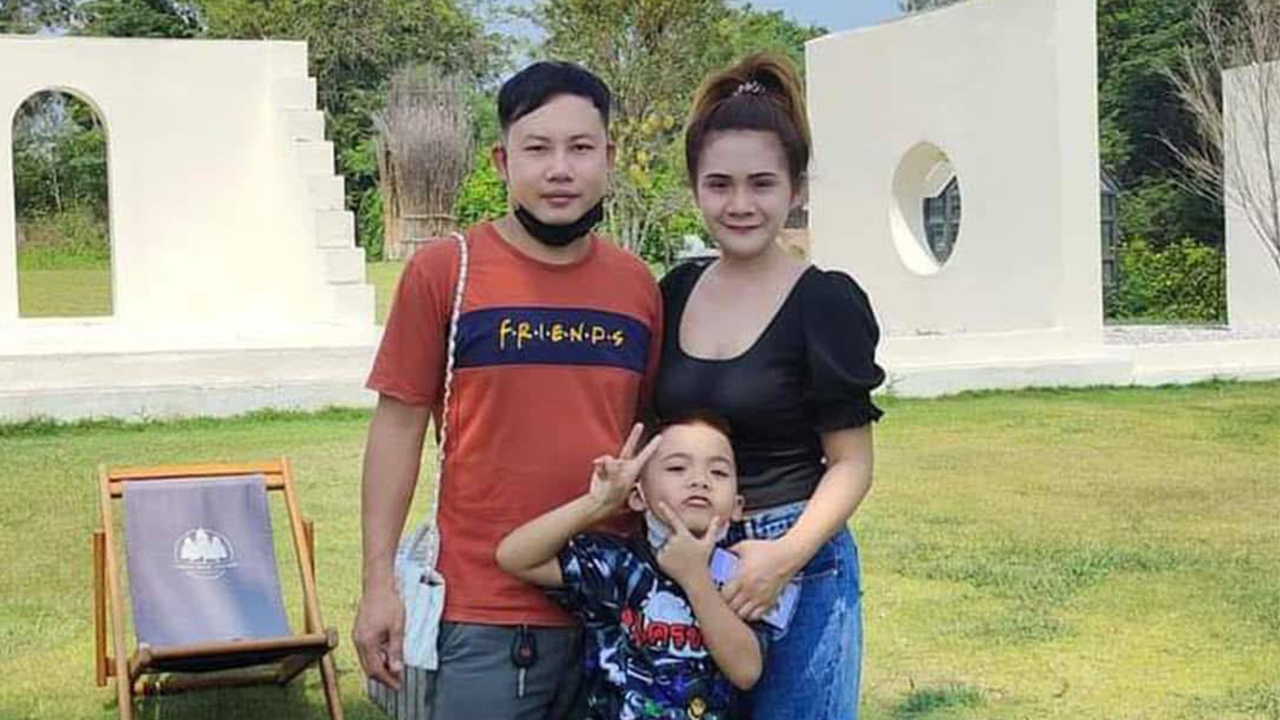
NEWYou can now listen to Fox News articles!
Israel’s military has recovered the body of a Thai man who was abducted from Kibbutz Nir Oz and killed in captivity by terror group Kataeb al-Mujahideen shortly after the Israel-Hamas war began on Oct. 7, 2023.
Natthapong Pinta’s body was brought back to Israel after an operation by the Israeli Defense Forces and Israeli Security Agency, the military said on Saturday.
“Yesterday (Friday), in a joint IDF and ISA operation, the body of Nattapong Pinta, a Thai national, was recovered from the Rafah area in the Gaza Strip,” the IDF and ISA said in a joint statement.
His family in Thailand was notified by the Thai Embassy and by Brig. Gen. (Res.) Gal Hirsch, who serves as the coordinator for Captives and Missing Persons in the Israeli prime minister’s office.
ISRAEL RECOVERS BODIES OF 2 HOSTAGES FROM GAZA STRIP: ‘MAY THEIR MEMORY BE BLESSED’
The body of Natthapong Pinta, a Thai national who was killed in captivity in Gaza, has been recovered by Israeli forces. (IDF)
Natthapong had come to Israel to work in agriculture, according to Israel’s Defense Minister Israel Katz.
“I send my deepest condolences to his wife, young son, and family, and I thank our heroic soldiers who, time and again, operate under fire to bring back all the hostages, out of a profound moral commitment,” Katz said in a statement.
“We will not rest until all the hostages — both the living and the fallen — are returned to Israel,” he continued.
7 KEY TAKEAWAYS FROM THE ISRAELI MILITARY’S REPORT ON WHAT HAPPENED ON OCT. 7
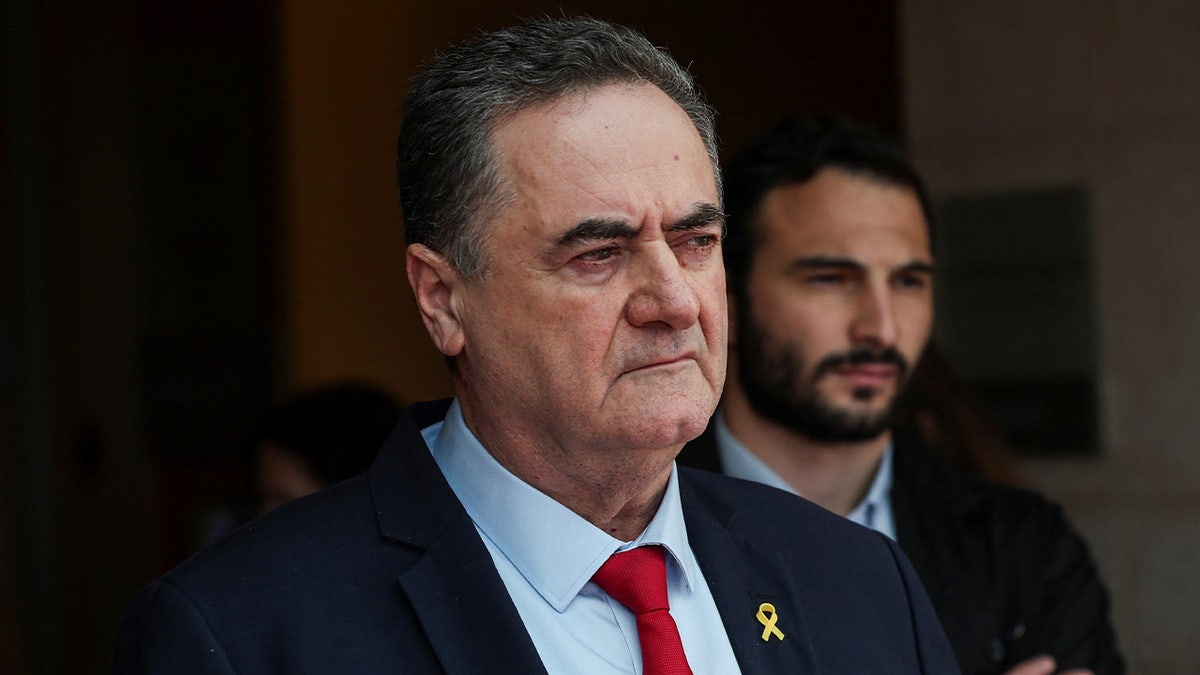
Israeli Defense Minister Israel Katz offered his condolences to the family of Natthapong Pinta. (REUTERS/Ronen Zvulun)
The Hostages and Missing Families Forum said in a news release that “the recovery of Nattapong Pinta represents the fulfillment of a basic moral and human obligation, allowing his family the closure they desperately need.”
In a statement, the Hostage Families Forum said: “We stand with Nattapong’s family today and share in their grief.”
“While the pain is immense, his family will finally have certainty after 20 terrible and agonizing months of devastating uncertainty,” the statement continued. “Every family deserves such certainty to begin their personal healing journey.”
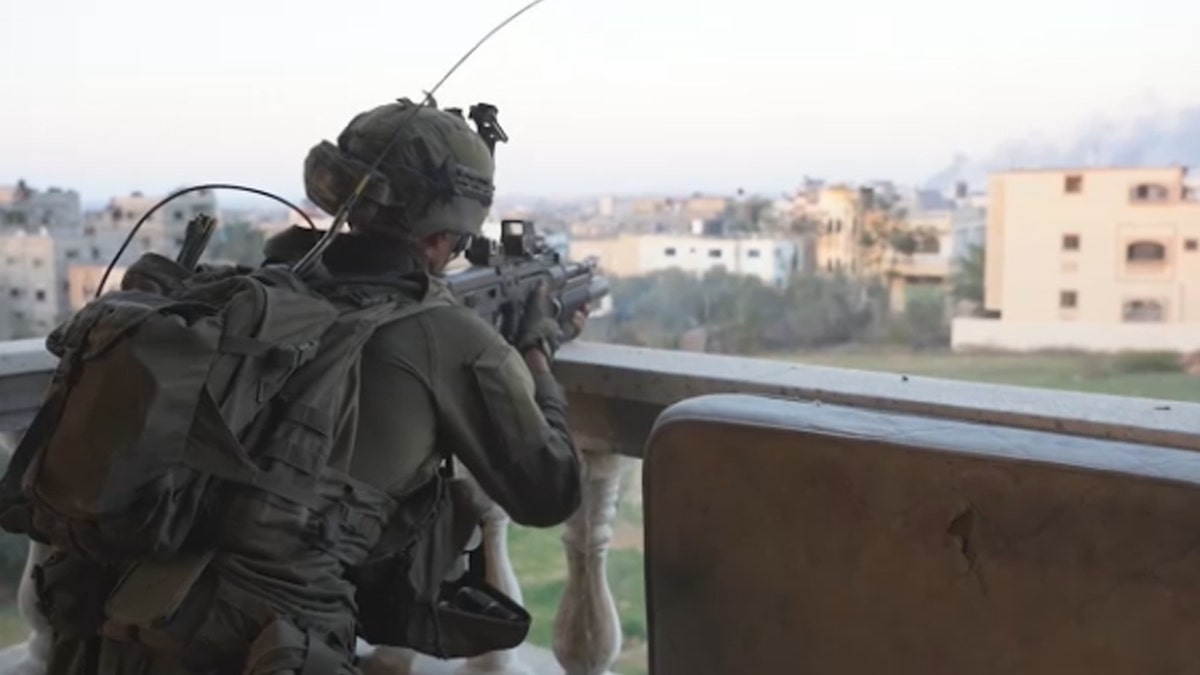
Natthapong Pinta’s body was returned to Israel after an operation by the Israeli Defense Forces and Israeli Security Agency. (FNC IDF)
Fifty-five hostages remain in Gaza – 33 of whom are confirmed dead, but at least 20 are alive. There is grave concern for the lives of two hostages.
Fox News’ Yael Rotem-Kuriel contributed to this report.
-

 News1 week ago
News1 week agoVideo: Faizan Zaki Wins Spelling Bee
-

 News1 week ago
News1 week agoVideo: Harvard Commencement Speaker Congratulates and Thanks Graduates
-

 Politics1 week ago
Politics1 week agoMichelle Obama facing backlash over claim about women's reproductive health
-

 Technology1 week ago
Technology1 week agoAI could consume more power than Bitcoin by the end of 2025
-

 News1 week ago
News1 week agoPresident Trump pardons rapper NBA YoungBoy in flurry of clemency actions
-

 Technology1 week ago
Technology1 week agoSEC drops Binance lawsuit in yet another gift to crypto
-

 Technology1 week ago
Technology1 week agoOpenAI wants ChatGPT to be a ‘super assistant’ for every part of your life
-

 World1 week ago
World1 week agoTwo killed in Russian attacks on Ukraine before possible talks in Turkiye
